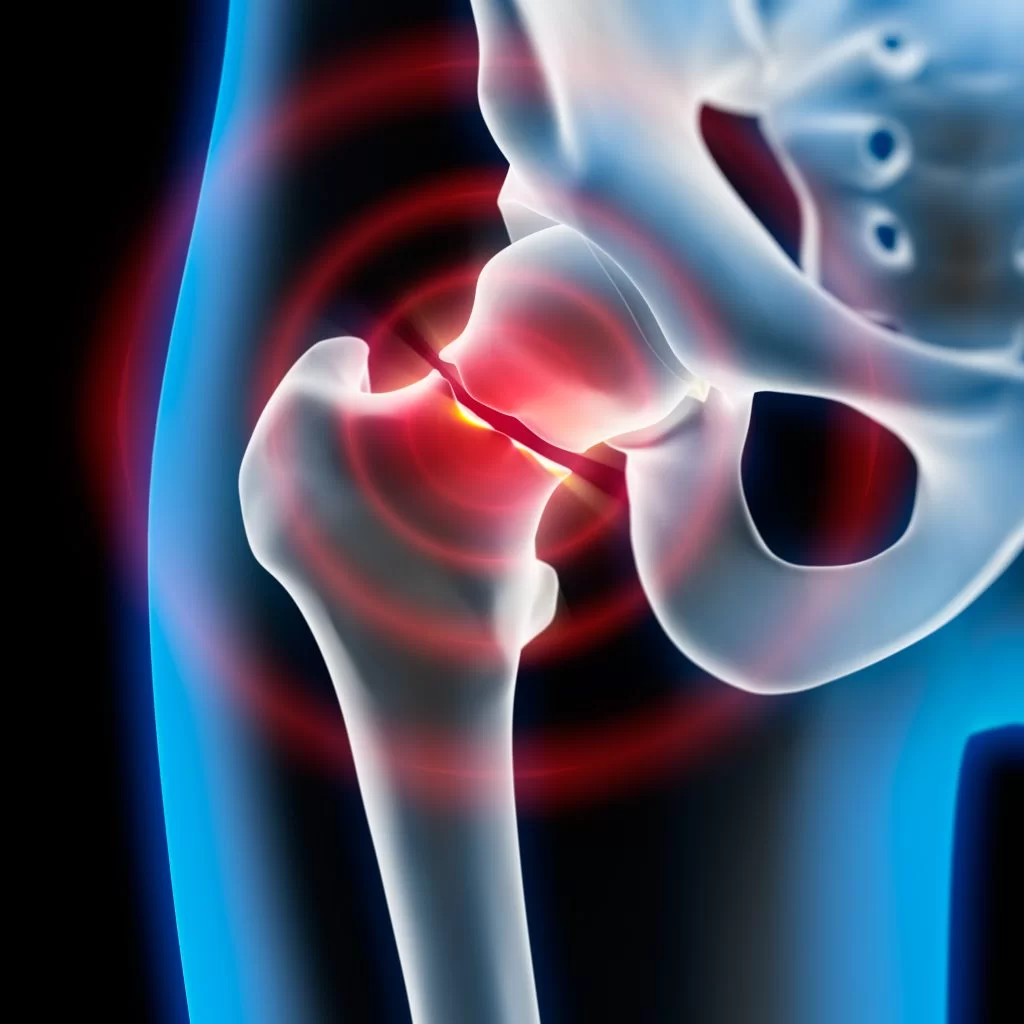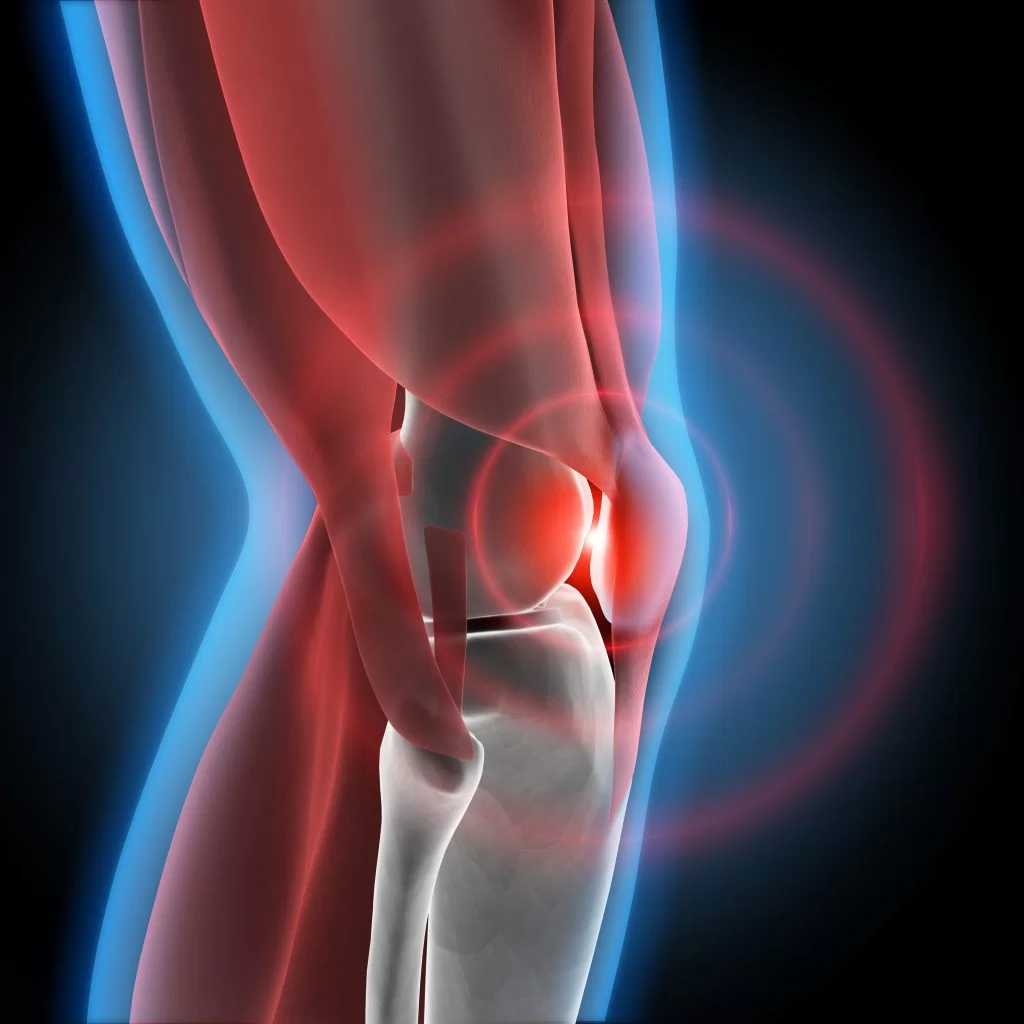
Joint Replacement Surgery
Expert care, cutting-edge technology, and personalised treatment plans help you get back to the activities you love.

Expert care, cutting-edge technology, and personalised treatment plans help you get back to the activities you love.

Looking for reputable and trusted joint replacement surgery in London can be a daunting task, particularly because it involves your health and wellbeing.
When you're in pain and your quality of life diminishes it can feel as though you're alone; however Ms (Dr) Samantha Tross at Joint Replacement Surgery in London is here to help.
Comprehensive joint replacement and orthopaedic care tailored to your specific needs



Hear from our patients about their joint replacement journey with Ms. (Dr.) Samantha Tross
"Ms. (Dr.) Samantha Tross performed my hip replacement surgery and I couldn't be happier with the results. Her expertise and care throughout the entire process was exceptional. I'm back to my normal activities without any pain."
Sarah M.
Hip Replacement Patient
"The knee replacement surgery with Ms. (Dr.) Samantha Tross was life-changing. Her attention to detail and personalised care made me feel confident throughout the entire process. I highly recommend her expertise."
Michael R.
Knee Replacement Patient
"Ms. (Dr.) Samantha Tross's expertise in women's orthopaedic health is outstanding. She understood my specific needs and provided exceptional care. I'm grateful for her skill and compassion."
Emma L.
Women's Health Patient
"The revision surgery performed by Ms. (Dr.) Samantha Tross was exceptional. Her expertise in complex cases gave me confidence, and the results exceeded my expectations. Highly recommended."
David K.
Revision Surgery Patient
"Ms. (Dr.) Samantha Tross's minimally invasive approach made my recovery much faster than expected. Her skill and the advanced techniques she uses are truly impressive. I'm back to my active lifestyle."
James W.
Minimally Invasive Surgery Patient

The Patient Journey App provides clear, step-by-step information to support patients before and after hip or knee replacement, as well as knee arthroscopy procedures. It helps you prepare, stay informed, and recover confidently with guidance from Joint Replacement Surgery by Ms. (Dr.) Samantha Tross.
The app is free to download on iOS and Android — simply search for "Patient Journey App", select Healthcare Provider: Joint Replacement Surgery, and choose your procedure.

Address
347-352 Chiswick High Road
London W4 4DR
Phone
020 7952 1009
secretary@sztrossltd.com
347-352 Chiswick High Road